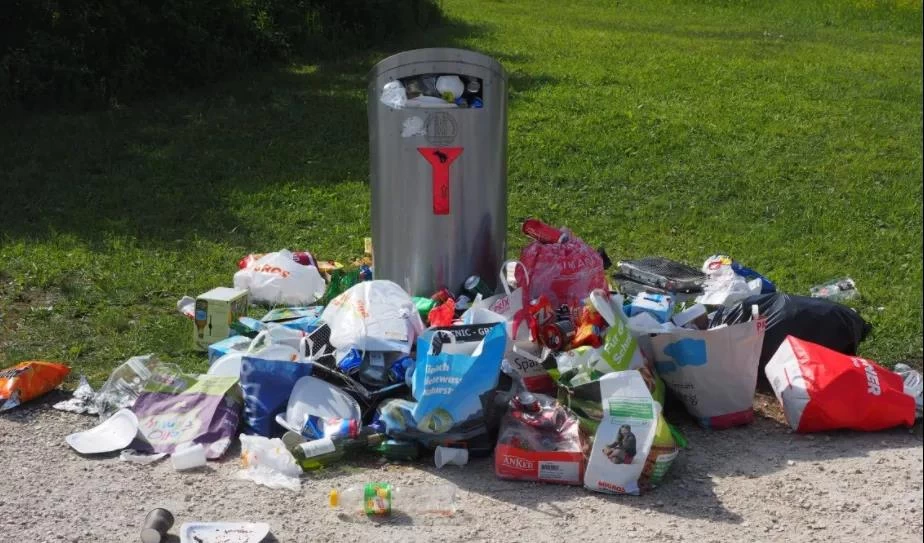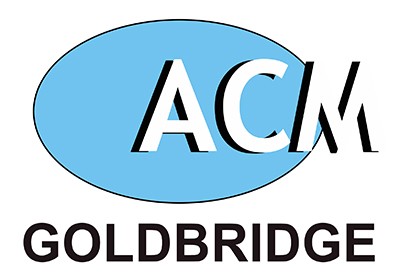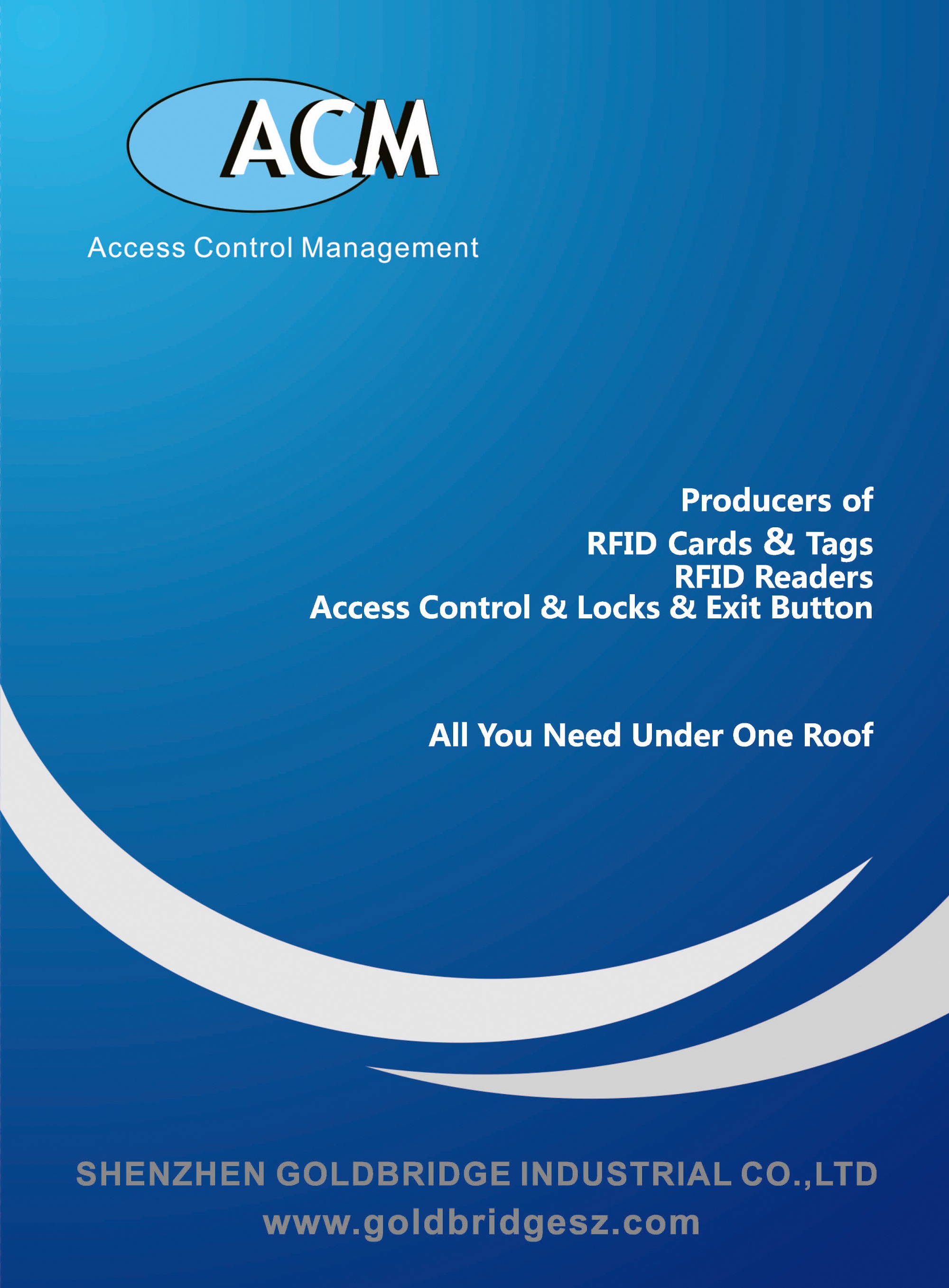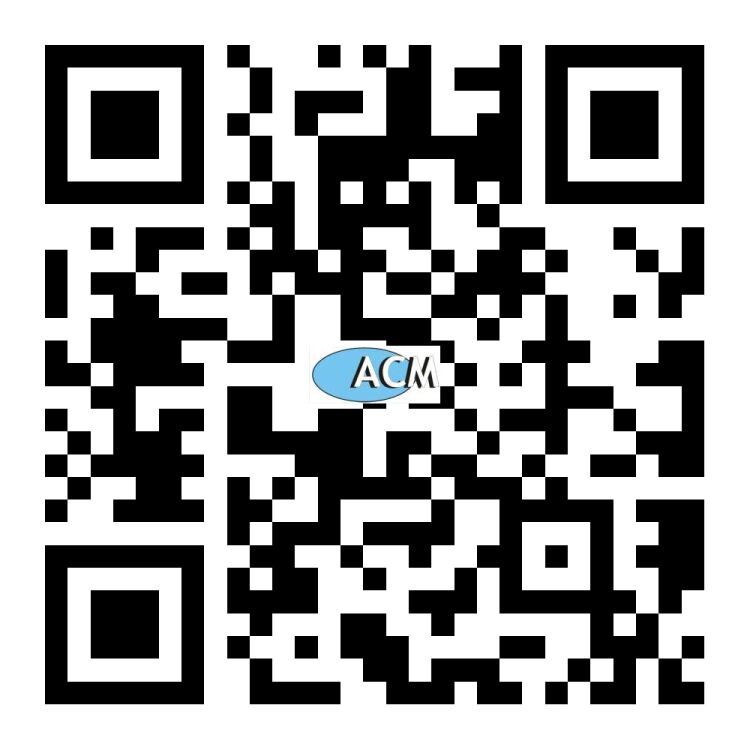Barbados uses RFID to clean up household waste

As part of the solution planned to go online this summer, each family is equipped with a 65-gallon trash cart. In addition, users will also receive an 18-gallon trash can for mixed recycling. And each trash can is equipped with UHF RFID tags. To automatically read these tags, waste management trucks are equipped with RFID readers. The boxes, RFID hardware, and cloud-based software used to manage the collected data are provided by Rehrig Pacific, a partner of the outsourcing company.
Barbados is an independent island country in the eastern Caribbean. It is one of the most densely populated islands in the world, with a population of nearly 300,000. The government emphasized that efforts must be made to keep the island clean and protect its waters and coral reefs in order to ensure the healthy development of tourism and ensure that residents have a healthy lifestyle. This means that the government will definitely make some changes to the waste management process and other aspects. Barbados has always used manual management methods to collect garbage. Since there is no recycling vehicle, residents must send plastic or glass items directly to the recycling center, which makes most recyclable containers unrecyclable.
For ordinary garbage, this country also faces severe challenges in waste collection. People use all kinds of trash cans, but don't know when they will be picked up. Many boxes do not have lids, so when they sit on the street waiting for a truck, they sometimes wait for several days, causing the contents of the trash can to be scattered by pests, wild animals, or strong winds. The scattered garbage and the ash from the recent eruption of Rasufriere volcano have caused the streets to become unclean and seriously affected the health and well-being of residents. Therefore, the Barbados government has not hesitated to challenge the island to improve its tourism industry.
ProSource director David Tomlinson said that the country is looking for a waste management solution based on modern technology, which will make it one of the cleanest islands. ProSource will provide RFID technology to the residential, commercial and industrial waste sectors throughout the Caribbean. Anthony Da Silva, chairman of ProSource’s parent company Innotech Group, said that last year, the company deployed RFID technology for St. Kitts Solid Waste Management Corp., including RFID tags. Standardize trash cans to capture and manage the data collected by each trash can.
This summer, Barbados will become the second island to deploy this technology. Every household has two new trash bins, one for recyclable waste and the other for general waste. Each box has an RFID identification label printed with a bar code. When the boxes are thrown away at each residence for free, waste managers will scan barcodes or read the RFID tags in each tag with a handheld reader provided by Zebra Technologies.
The workers first get out of the truck and place a trash can for the vehicle's mechanical lifting system, which lifts the trash can into the hopper. Tomlinson explained that when the cue box is within the range of the reader, RFID tag data will be captured. When prompted to capture data with each trash can, it will be automatically updated to the driver's tablet and forwarded to the software via a cellular connection. The system can not only mark events, such as collecting missed trash cans along the route, but also identify whether the trash cans have been placed in the wrong location.
The software can optimize the route over time, including recalculating the route based on what has been acquired or may have been missed. After the new system is established, residents will receive garbage collection services every week and garbage collection twice a month. Before the system is launched, ProSource is deploying readers and lifting devices on 40 trucks on the island, and will distribute trash bins. At the same time, a publicity campaign is reminding residents of the new system and providing education on the prevention of littering.
According to Da Silva, the island nation seeks to establish a reputation as the cleanest tourist destination in the Caribbean, and this solution is designed to help it achieve this goal. In addition, this technology is expected to optimize the route so that workers can reduce fuel consumption when using machinery to lift standardized luggage. He added: “The system also empowers every citizen to be part of an effort to clean the island.”
Da Silva said that the challenge now is how to transform waste management from a manual process to a process that uses cutting-edge technology. He reported: "No place in the Caribbean has any form of automated or semi-automated collection." However, this technology will benefit many islanders through automation and RFID data capture. Tomlinson said: "We transformed them from a manual, non-data-driven collection system to a completely technology-based system."
ProSource has partnered with multiple companies, including Rehrig, Bayne Thinline and C2 Logix. The Barbados company said that another 8 or 10 Caribbean island countries are interested in RFID technology, and the company is currently in different stages of planning or discussing the deployment of solutions with the governments of these countries.
For more information about rfid technology,please contact sales@goldbridgesz.com



